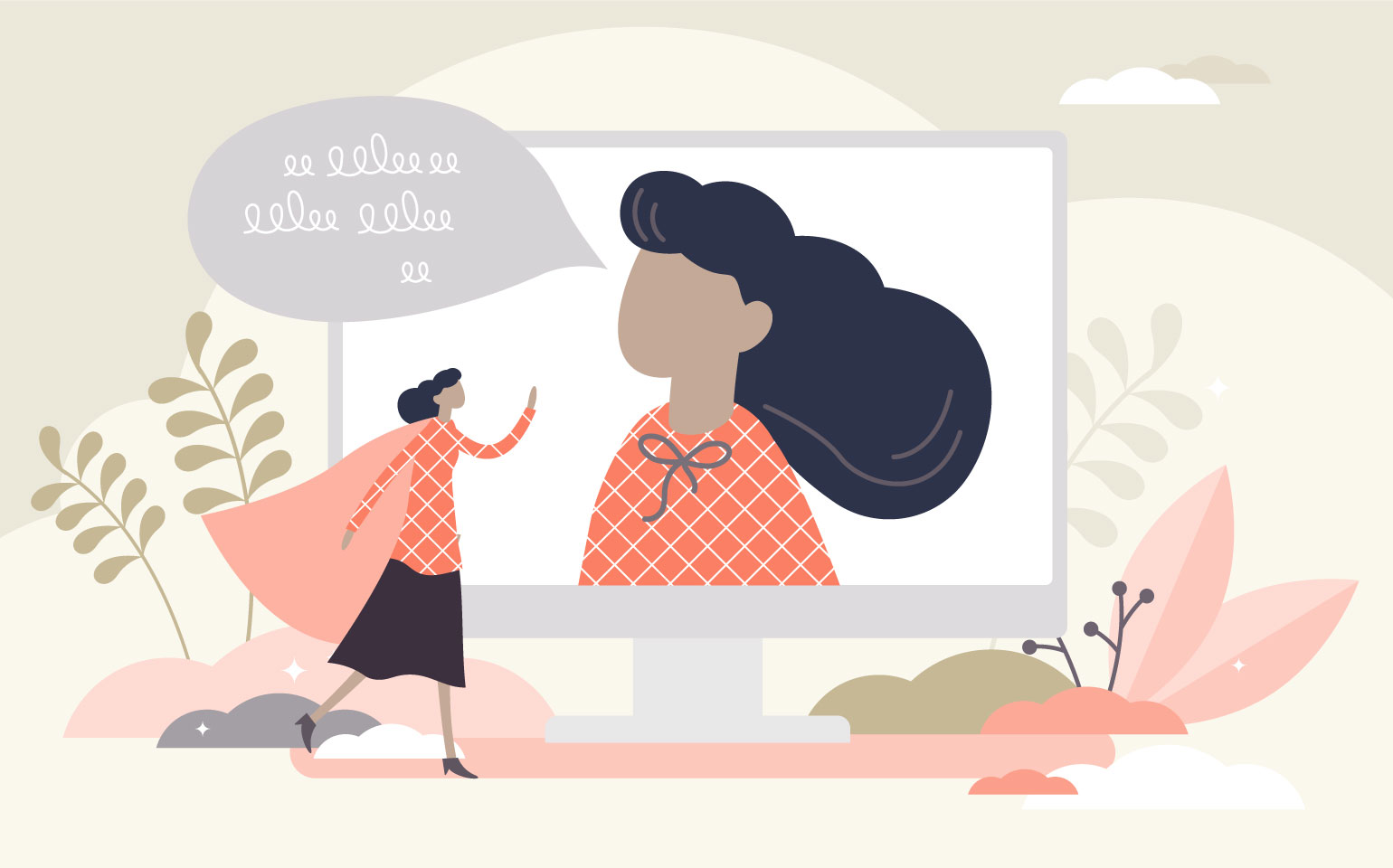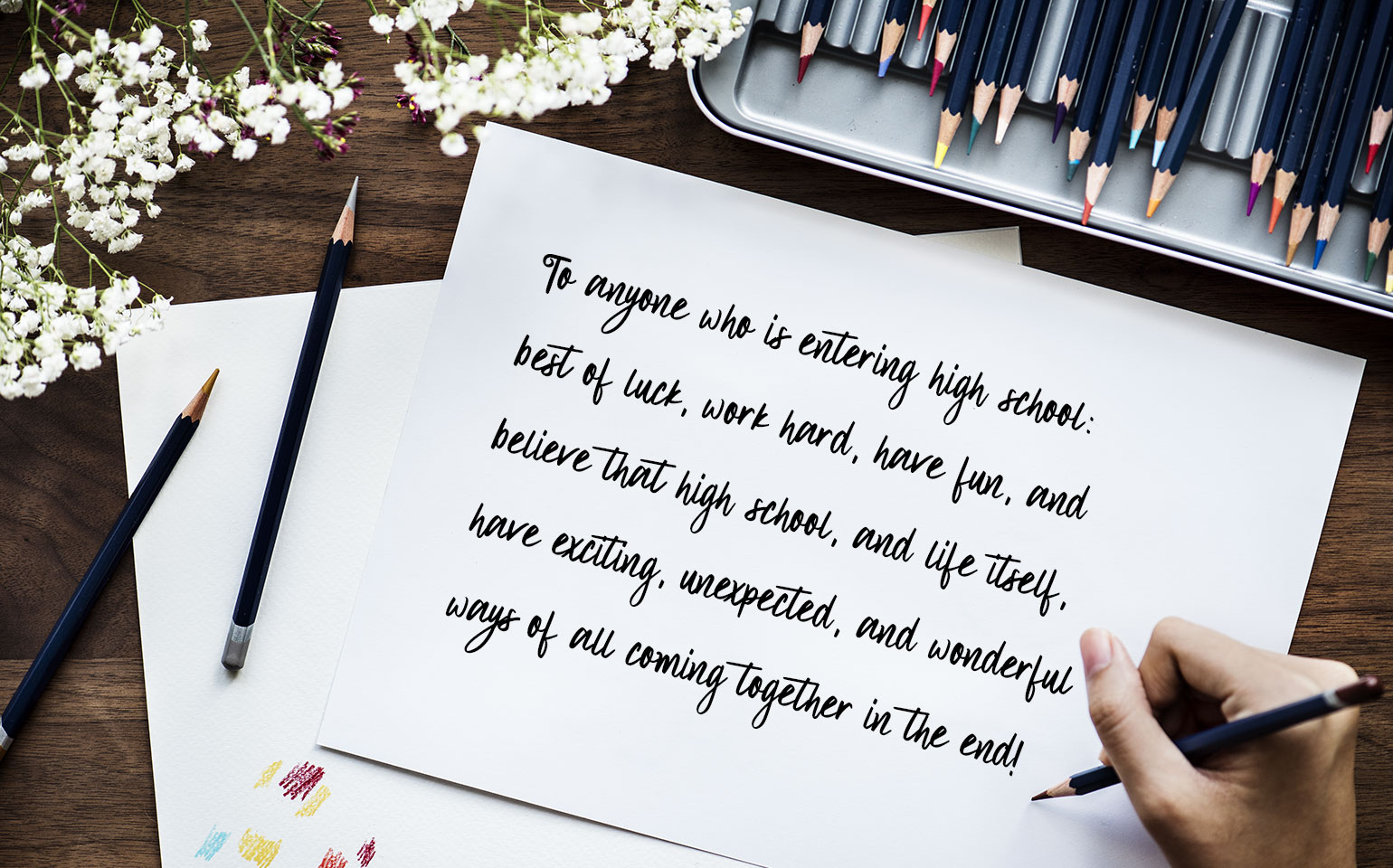
How COVID Helped Me Become a TV Show Host at 12
For the past two years, the COVID-19 pandemic has impacted the world, from the rich and powerful to the poor and weak. Some felt more connected and happier with their families than they had in years, while others felt as if they were stuck in an air-tight container. If you were to ask the majority of people my age what they thought of the pandemic, the answer you would most likely hear is, “a waste of two years of my life.”
But the twists and turns that the pandemic brought into my life were not always for the worst. Besides growing up mentally (and physically), I earned something that helped me uniquely mature.
The COVID-19 pandemic took away a lot from everyone, but it gave me something I will always be grateful for and helped me reach a dream that I never thought would come true until I was older: seeing myself on TV.
Just as I was slowly losing myself and losing the faith I had in the world and life in general, a miracle happened. At just the age of 12, I became a TV show host. A teenaged TV show host for the Afghan Youth, to be exact.
As a child, I was known as a chatterbox. I was always social with those around me, loved to participate in discussions, and often shared my opinions with others even if we didn’t share the same views. I remember always watching news anchors, specifically Lisa LaFlamme and Stephanie Smyth, and striving to be like them one day. I spent most of my spare time sitting in front of a mirror, talking about different topics as if I was watching myself on TV.
You may think, “ARE YOU CRAZY?! A TV show?”
But it’s true! However, getting there wasn’t easy. Early into the pandemic, around April 2020, OmidTv24, an International Afghani Television station based in Toronto, held a contest for anyone interested in having a show. Contestants had to audition virtually by sending in a video talking about themselves, the things they have been doing during quarantine, and why they want to have a show. At first, I did NOT want to audition, mainly because I feared that I would make a fool out of myself and that there was no way I would be selected.
But after many days of considering and thinking to myself about all possible outcomes, I decided to give it a go. I knew that journalism had always been my career of choice and it was the path I truly wanted to take. To do so, I had to use every chance I got. The passion I had for speaking was one that I still have, and one that I know has helped me become the confident-looking and clear speaker that I am. Who knew that being a chatterbox wasn’t always the worst thing in the world?
In the end, I was revealed to be the winner. And the first episode of my show was on the way to airing.
I decided to name my show Neeginaha. Neeginaha means gemstones in Dari, the language the show would partially be in along with English. This word best represents what teens are, small yet precious as gemstones.
Many may think being a TV show host is simple, you just sit in front of a camera and start babbling. But the first year and a half or so were chaotic. I lost out on the opportunity to go to the studio to record my shows because of COVID-19 restrictions.
My parents and I had to make do with the cramped space we had in our two-bedroom apartment and ended up DIY-ing everything from a green screen to studio lights.
My biggest supporters on this journey were my producer, Nasir Khalid, and my parents, who were very flexible during tough times and supported me through everything. From being my fashion designer to helping me become a more powerful speaker, my mother was my support system through everything, and I will always be grateful for her.
At first, balancing everything was difficult. Yet perseverance and motivation were the key factors that kept me going to balance my school, show, and work life. Now as a full-time student, TV show host, and part-time takeout associate at Swiss Chalet, balancing everything has become a bit easier, but sometimes I still struggle. This journey has taught me many lessons, one of which is that nobody is perfect. I had to make the tough decision of switching from having weekly shows to having a show twice a month because it best suited me and my schedule. I felt guilty at first, but as time passed, I realized that it helped me produce higher-quality content for each episode.
The most important lesson I learned from this experience is that we can always make the best out of the worst. During some of the toughest times in my life, I was able to find something that would help me feel like a better and more accomplished person. So always remember that there is always a brighter side, you just need to find it.



